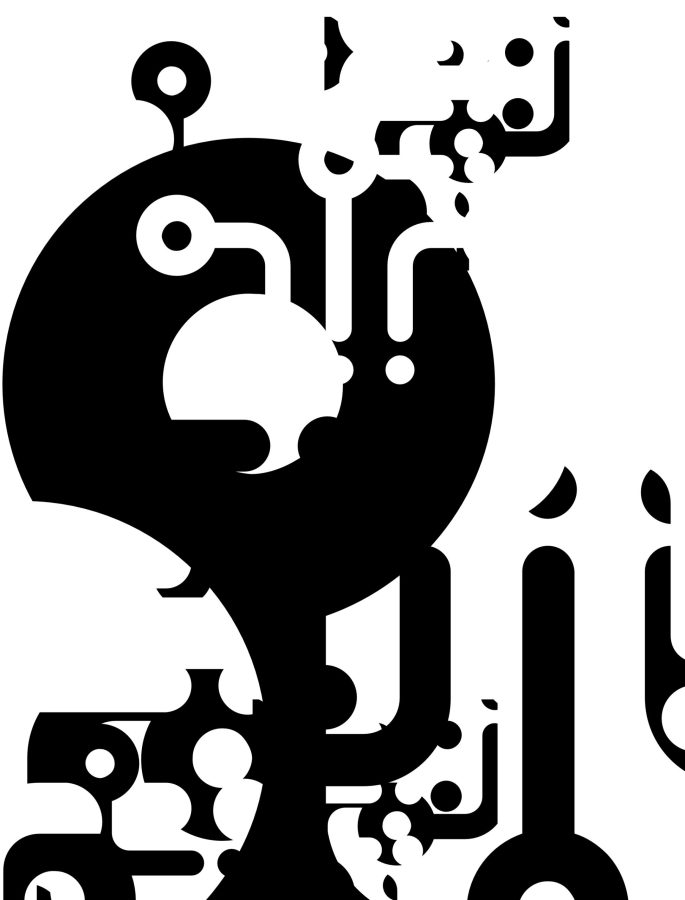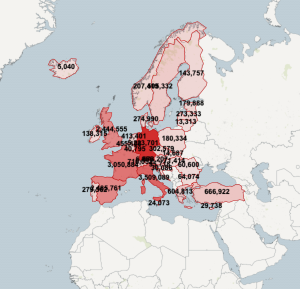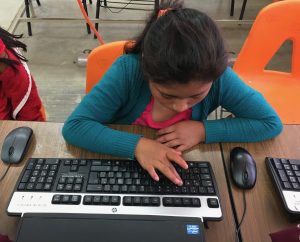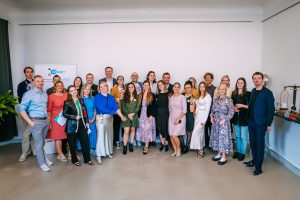Building social competence from local knowledge
22-23 September 2017
Berlin, Aquarium
Skalitzer Str. 6, 10999 Berlin
Berlin DE
EULER_Program in PDF format.
EULER_Conference_Practical information in PDF format
Conference program
DAY 1, Friday September 22
8:30-9:15 Registration at Aquarium
Session 1
09:15 – 09:45 Welcome & Program
- What Are we doing here – Lorenzo Tripodi
- The EULER project – Jim Segers
- Where are we – Aquarium – Kottbusser Tor
9:45 – 11:00 KEYNOTE Session – Moderated by Laura Colini
- Defending and nurturing the hidden economies of a city. Michael Edwards, UCL Bartlett School / JustSpace London
- Questions & Answers
11:00 – 11:30 Coffee Break
11:30 – 12:45 EULER Neighbourhood Applications
- Open Promoter Platform – Antwerp
- Som La Marina – Barcelona
- Elephant Path – London
- Switch On Mehringplatz – Berlin
12:45 – 13:45 Lunch Break
13:45 – 15:15 Session 2
Room A: Learning Cities: empowering through knowledge exchange
- The metroZones Schoolbook. Kathrin Wildner, Anne Huffschmid – metroZones, DE
- Atlas of Invisible Spaces: Mapping the Interface Between School and City. Antje Lehn Academy of Fine Arts Vienna, Institute for Art and Architecture, AT
- Turning school into a space of community. Zuzana Tabačková, SPOLKA, SK
- To work means to belong. Jonas De Maeyer HEIM, BE
- We are here now – A Pedagogy of Urbanity. Jens Brandt, UEL – Urban Education Live project, Technical University of Tampere, FI
Room B: Mapping neighbourhoods, challenging spatial disadvantage
- Learning from San Siro: co-producing and sharing knowledge in a Milanese public housing neighbourhood. Francesca Cognetti, Elena Maranghi, Gabriele Solazzi, Politecnico di Milano, IT
- Learning from, with and for Anchieta’s community; Building peripheries’ citizens inclusion from local dialectics, Caroline Custine, Alice Larsimont, Lucas Lerchs, KULeuven / MAHS-MAUSP, BE
- Kottikratie. Kottbusser Tor as a contemporary agora. Felix Hartenstein, Technische Universität Berlin, DE Zentralinstitut El Gouna, Department of Urban Development, EG
- Community participation for an inclusive society. A multidisciplinary action-research in a marginalised neighbourhood of Bologna. Lorenzo Betti, Martina Riccio, Centro di Salute Internazionale e Interculturale (CSI) – APS, IT
15:15 – 15:30 Coffee break
15:30 – 17:00 Session 3
Room A: Activating communities: creative strategies for fragile territories
- GuilmiArtProject in the puddle scenario. Generating reactions, shaking immobilism, denouncing collusions through community based art projects. Lucia Giardino, Florence University of the Arts, IT
- Budapest100 – How can open houses create open communities? Rita Szerencsés Hungarian Contemporary Architecture Center, Budapest, HU
- Narrating Places in Neu-Hohenschönhausen (Berlin) and Darmstadt. Jolanda Todt, Weißensee Kunsthochschule Berlin, DE
- The value of the contribution of architecture to cohesion and social engagement: the example of Imre Makovecz’s work within the faluházak project during the 1970s and 1980s. Martina Giustra, PTE University of Pécs, HU
- Knowledge as Energy: the Role of Komunitas in Bandung, Indonesia. Lenny Martini, School of Business and Management, Institut Teknologi Bandung, Indonesia
Room B: Co-creating the city: participative tools and approaches
- Funding the Cooperative City: From knowledge network to local action, Daniela Patti & Levente Polyak Eutropian Research & Action, Budapest, Wien, Rome.
- CiutatBeta a social innovation policy lab. Òscar Martínez Ciuró, Trànsit Projectes/ ITD Barcelona ES
- 3 transformative scapes in Florence. Anna Lisa Pecoriello University of Florence , IT
- (Re)searching for quietness in the Reuterkiez. Antonella Radicchi, Marie Curie TU Berlin, DE
17:00 – 17:15 Closing remarks
Drinks at Südblock and networking
DAY 2, Saturday, September 23
09:00 – 09:20 Welcome back and intro to “hands-on-practice” sessions
09:30 – 11:00 Session 4
- Room A: Situated Learning: how do we consolidate knowledge and competencies produced in grassroots initiatives? Facilitated by Elizabeth Calderón Lüning, Laura Colini
- Room B: Thinking Platforms: technical infrastructures or political models? Facilitated by Lorenzo Tripodi, Andreas Unteidig
11:00 – 11:15 Coffee break
11:15 – 12:45 Session 5
- Room A: Urban Commons: concrete alternative or trendy buzzword? Facilitated by Sophie Bloemen,
- Room B: The future of work in the collaborative city: how far networking capacities open opportunities for fairer economic models? Facilitated by Ela Kagel, Jim Segers
12:45 – 13:15 Final plenary
13:15 – 15 Lunch break
15 – 17:00 Walking tour in the neighbourhood



